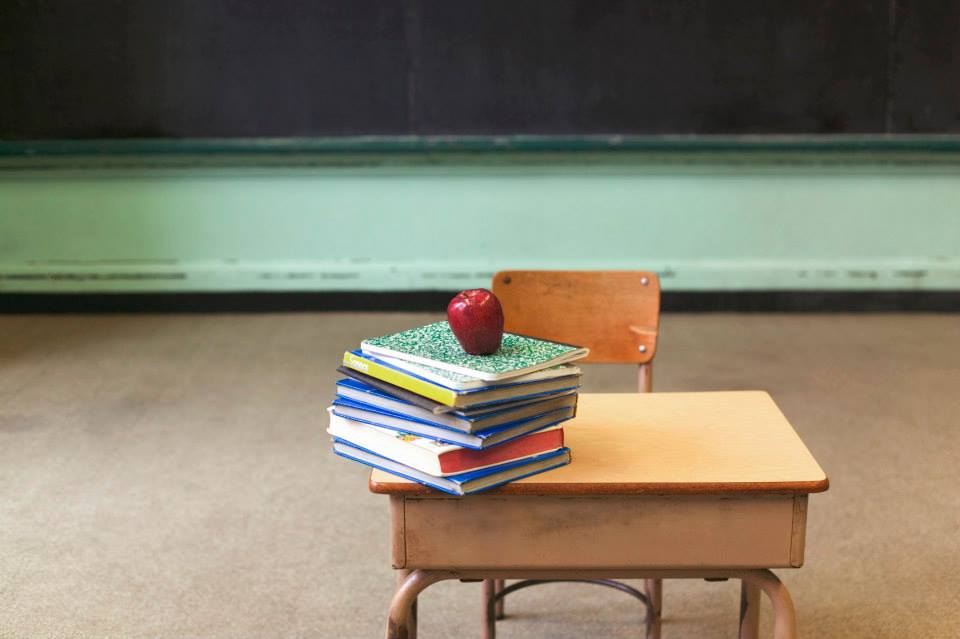For more than ten years, I’ve been active in using dogs in therapy. My own dog (now deceased) was a certified therapy dog that helped kids with reading disabilities. At least one of my current dogs will be certified, they’re just too young & ornery right now.
So needless to say, I’ve long been a big proponent for alternative or out-of-the-box programs when it comes to therapeutic uses (as long as they are safe!). Dogs are becoming more mainstream in programs, so are both art and music. But just recently I was introduced to photography as a therapy — and it’s pretty amazing, when I think for the most part, we take the whole process of picture-taking for granted.
Photography as Validation
A few days ago, the Philadelphia Inquirer ran a feature article entitled: Photographers give portraits to those who seldom get one. It piqued my interest because we had recently just participated in a photography project called Portraits of a Disorder. I was very moved by two quotes in the article:
The idea is to use photography to affirm the worth of every individual, whatever his or her circumstance, and particularly those who may not have had a picture taken in ages.
~and~
“I wanted a portrait,” said Gina Minter, 62, who figured it had been six years since someone took her picture. “I wanted to share it with friends of mine on the outside.”
The boldface is mine. Can you imagine not having your picture taken for six years? One participant is being quoted as not ever having a formal portrait, and she’s 22 years old. Never before have I thought about the validation worth of photography.
The Project: Faces of SPD (Sensory Processing Disorder)
The goal of the project we participated in was mostly to give a face to a disorder that few understand. I never thought about it as validating my son. For me, it was more about “Hey, here we are, look, he’s cute and we’re sort of just like you. Except we’re not at all like you.” Then today, Brian, the photographer who is working on that project, shared a video.
My little guy is the very last smiling face you see, but that’s not why I’m moved by the video (after all, we have a lovely 8×10 of the photo). I’m very moved by the video footage of Brian taking pictures of the participant, near the tree. To me, it’s the epitome of what a nice portrait means to us, as parents of kids with this disorder. Maybe, if you’re not familiar with the nuances of this disorder, you don’t pick up on it. But the seemingly very simple act of leaning on a tree for a photo…the child can’t do it. That’s the type of daily struggle we deal with — kids that appear normal, but can’t even stand next to and touch a tree for ten seconds to have a picture taken.
And then, when we get our photo, it all disappears. I ordered four prints from him and every time I look at them, I don’t think about how hard it was to get there and get him to pose for a few shots. All I see is my beautiful child, and the struggles just melt away.
Whose therapy is this anyway?
Brian Mengini is based out of Phoenixville, PA. His other photography projects include Empowered ME, which is a project for cancer survivors.
Other pictures from our visit:
|
|
|
|
|
|
Lisa Lightner is a Chester County, PA mom of two. This post is adapted from the blog she co-authors, A Day in Our Shoes, which covers support, resources and advocacy services for parents of children with special needs.









